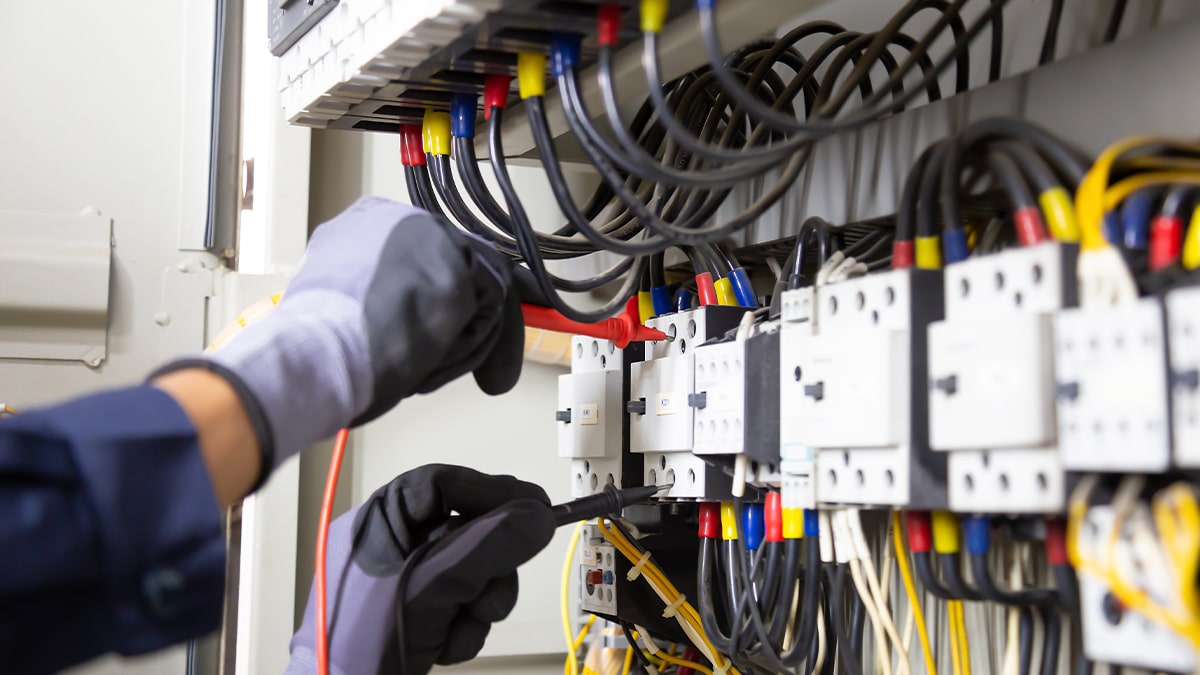
For most industries, there comes a time when it is recognized that the advancement of technology has necessitated equipment updates. Control panels are no exception to this phenomenon, as more and more operations have updated the control systems that control their industrial machinery from analog to digital and automized formats.
KMC Global Controls & Automation is a technology-based company with experience providing control panels, automation, and integration. For more than 65 years, it has helped organizations within the food, chemical, automotive, mineral processing, energy, agricultural, foundry, metals recycling, and industrial manufacturing industries efficiently transition to automated control systems.
Industrial machinery and control systems are built to last. However, controllers, interface panels, drives, and more eventually become obsolete. If they go down, a replacement will be hard—if not impossible—to find. This can lead to days or weeks of unplanned downtime and lost production.
Benefits of Upgrading
To eliminate downtime and the problems that come with it, controls should be replaced or updated periodically before failure occurs. In addition, updating an existing system can lead to other significant improvements in quality and productivity, including:
Types of Upgrades
There are many upgrades that can be implemented when it comes to controls and automation. Some of the upgrades include:
When to Upgrade
The lifespan of a control system is about the same as that of a desktop computer. But because upgrading can be costly, many facilities wait, and in effect, their plant productivity and efficiencies suffer. So, when is upgrading worth it? To stay competitive and run the most efficient and profitable operation, you should upgrade your existing control system if:
Keeping Costs Down
Like mentioned above, new control system can be costly, but there are ways to minimize this expense. One way is by doing a partial upgrade. In a partial upgrade you would replace individual components as opposed to the entire system—if the old components are compatible and can “talk” to the new ones. That said, if the control system is obsolete, entirely replacing it is inevitable.
Potential partial upgrades could include replacing the HMI computer and software and keeping the existing control hardware in place or replacing the PLC controller and program while leaving the I/O, field instruments and wiring in place. These are just a couple examples.
For questions on how updating or replacing your existing control systems can improve your processes and profits, request a free consultation with one of KMC Global Controls & Automation’s UL-certified controls and automation experts today.
This article was contributed by KMC Global Controls & Automation.